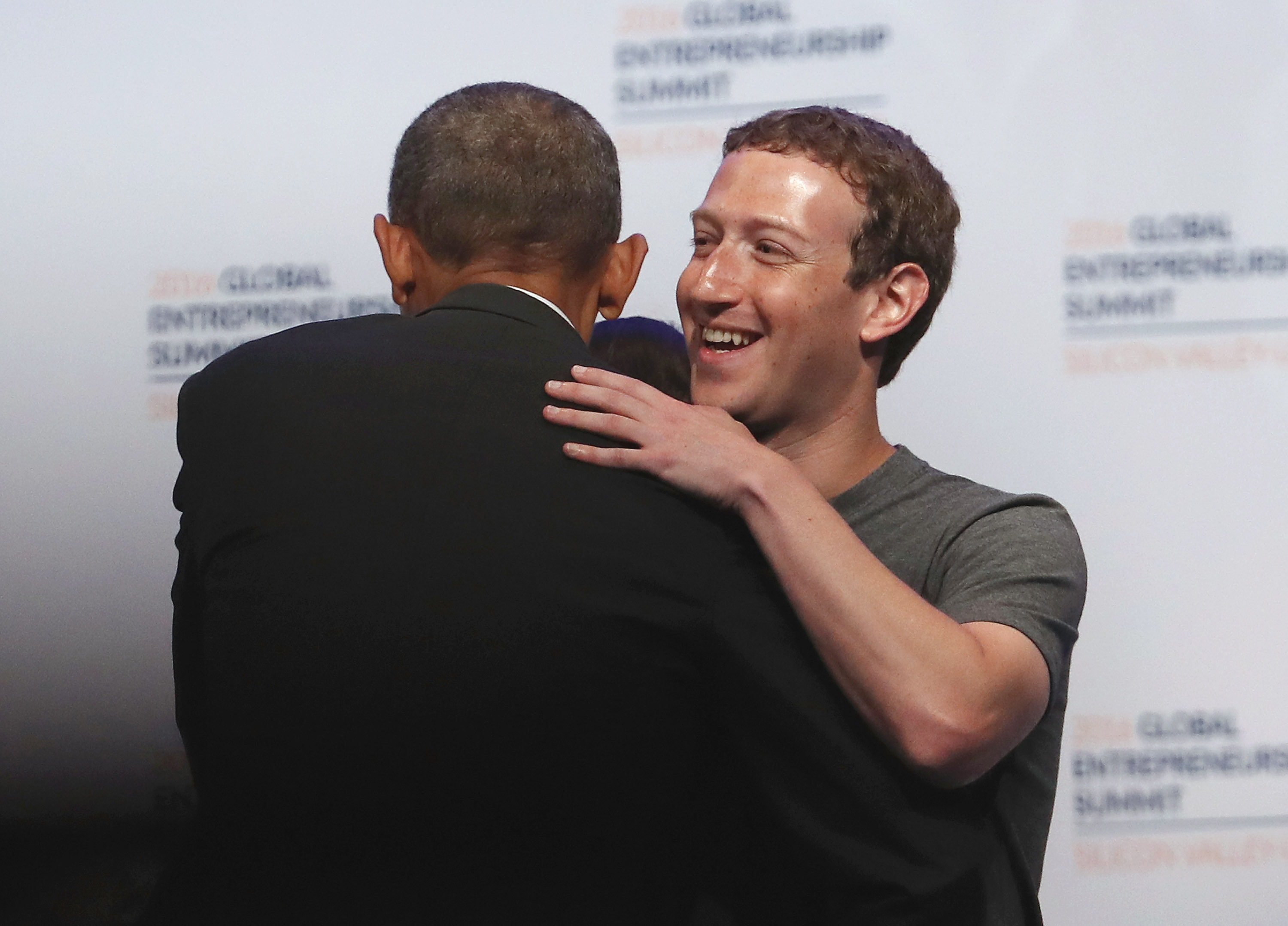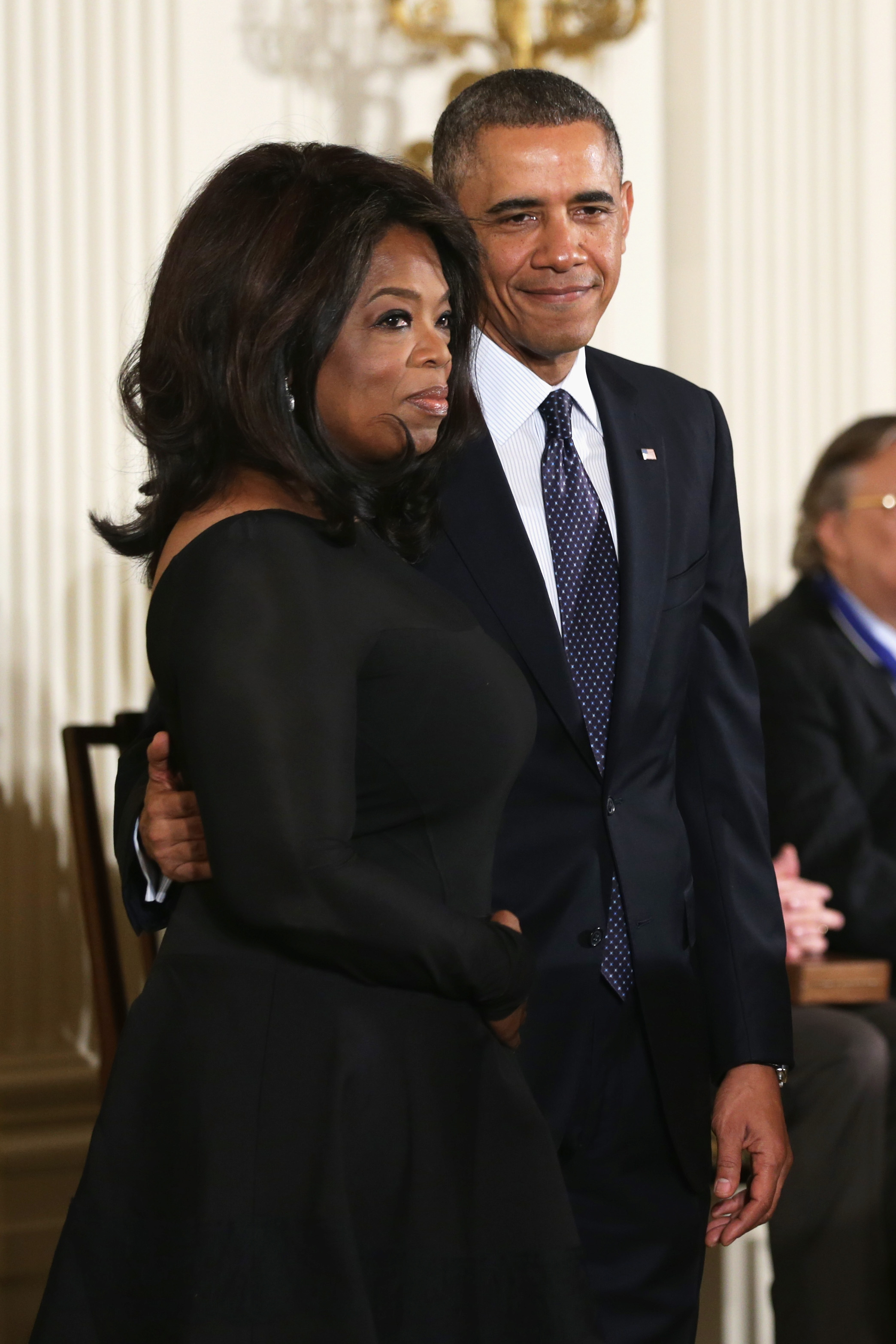Many political observers have been wondering for the past year or so whether our party nomination system is broken, or has at least transitioned to something new and undefined. Have party leaders lost their ability to control who their party nominates for office? Or was Donald Trump a one-off, a candidate of extraordinary resources and name recognition, and party leaders will return to dominance once he’s off the stage? There’s no easy answer to this question just yet, in large part because party leaders are still deciding the answer for themselves.
I’ve been interviewing some Democratic activists in New Hampshire, and will be expanding to some other states shortly, to try to get a sense of how party leaders are interpreting what happened in the 2016 nominating cycle. Responses vary greatly, but many of these activists are thinking that Trump’s nomination requires us to rethink just what sorts of candidates should be nominated. Maybe nominating someone like Mark Zuckerberg or Oprah Winfrey wouldn’t be so terrible.
Traditionally, party leaders have sought to influence the nomination of presidential candidates by channeling endorsements, money, and other resources toward candidates of a certain type—governors and senators mostly, occasionally generals. They looked for candidates who could unite various factions within a party, articulate and advocate for the party’s broad ideological goals, and not offend too many moderates in the process. Celebrity candidates, media darlings, political novices, and hardcore ideologues have traditionally been eschewed. The party wants people with proven loyalty to the party but also a demonstrated ability to win.

(Photo: Justin Sullivan/Getty Images)
Much of that went out the window when Trump won the Republican nomination last year. Judging from endorsement patterns, many Republican leaders remained uncomfortable with Trump throughout the election cycle, but they never agreed on an alternative. They basically left the decision up to Republican primary voters and caucus goers. In a crowded field of candidates, that’s a great environment for a candidate with a lot of money, enormous name identification, and a talent for drawing attention to himself to thrive.
Republicans ended up with what appeared to be a sub-optimal nominee. Trump had weak loyalty to or understanding of many longstanding Republican policy commitments. And he seemed prone to unpredictable and offensive behavior. That is, he was the worst sort of nominee—unreliable and unlikely to win.
But then he won. This leaves activists in both parties wondering if some of their concerns about nominating celebrities or businesspeople with no political credentials were unfounded. It turns out you can win with someone like that.
The ongoing test, though, it whether he’ll turn out to be good for his party. The evidence on that is very mixed and varies considerably depending on who’s looking at it. Just by virtue of being a Republican in the White House, the party has already scored some wins, including putting Neil Gorsuch on the Supreme Court and putting many conservatives in cabinet positions.
Trump seems likely to sign pretty much any health reform bill that Congress sends him, although his disinterest in policy could prove costly there. He enthusiastically backed the Republican House of Representatives bill that passed last week, but that bill is incredibly unpopular and could end up costing the party dearly in mid-terms next year. A more hands-on president might have negotiated a version of the bill that is less easily caricatured as cruel.

(Photo: Alex Wong/Getty Images)
His executive orders on immigration and other issues are delivering ideological red meat to Republican primary voters but also earning more enemies for him and his party. His bizarre tweets only confirm to many that he’s temperamentally unfit for office, and many of his fellow partisans have trouble defending them.
Meanwhile, a series of legal and ethical investigations on conflicts of interest and collaborations with Russia threaten to erupt into full-blown scandals and possibly impeachment hearings, especially if Democrats take control of one or both chambers next year.
On the other hand, it’s perfectly possible that Trump goes on to win re-election, as most incumbent presidents have over the past century. Indeed, one of the more remarkable features of the past year is how the two-party system seems to be accommodating Trump. Democratic voters and officeholders attack him, and Republican voters and officeholders stand by him on all important matters. Our next presidential election cycle, in 2020, could simply come down to whether the economy is expanding rapidly enough to buy Republicans another term in office.
Leaders in both parties are watching this closely. If Trump proves to be an embarrassing failure for Republicans—with few policy accomplishments, a substantial loss of congressional and state legislative seats, and an ugly resignation or impeachment—this experiment in party democracy will be considered a failure. Party leaders will likely seek greater control over nominations to avoid such a calumny in the future.
But if it turns out you can pretty much get what you want even while letting voters pick bizarre celebrity candidates with few traditional qualifications, then why not just let that happen?





